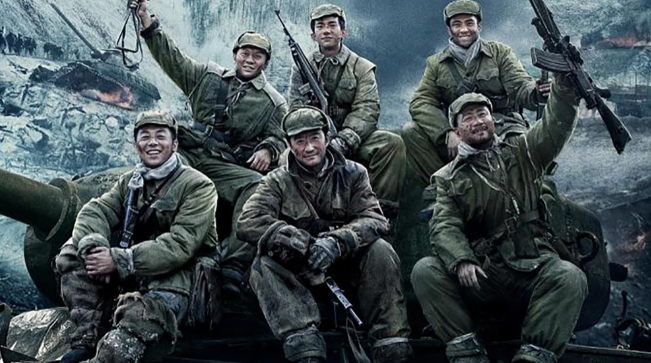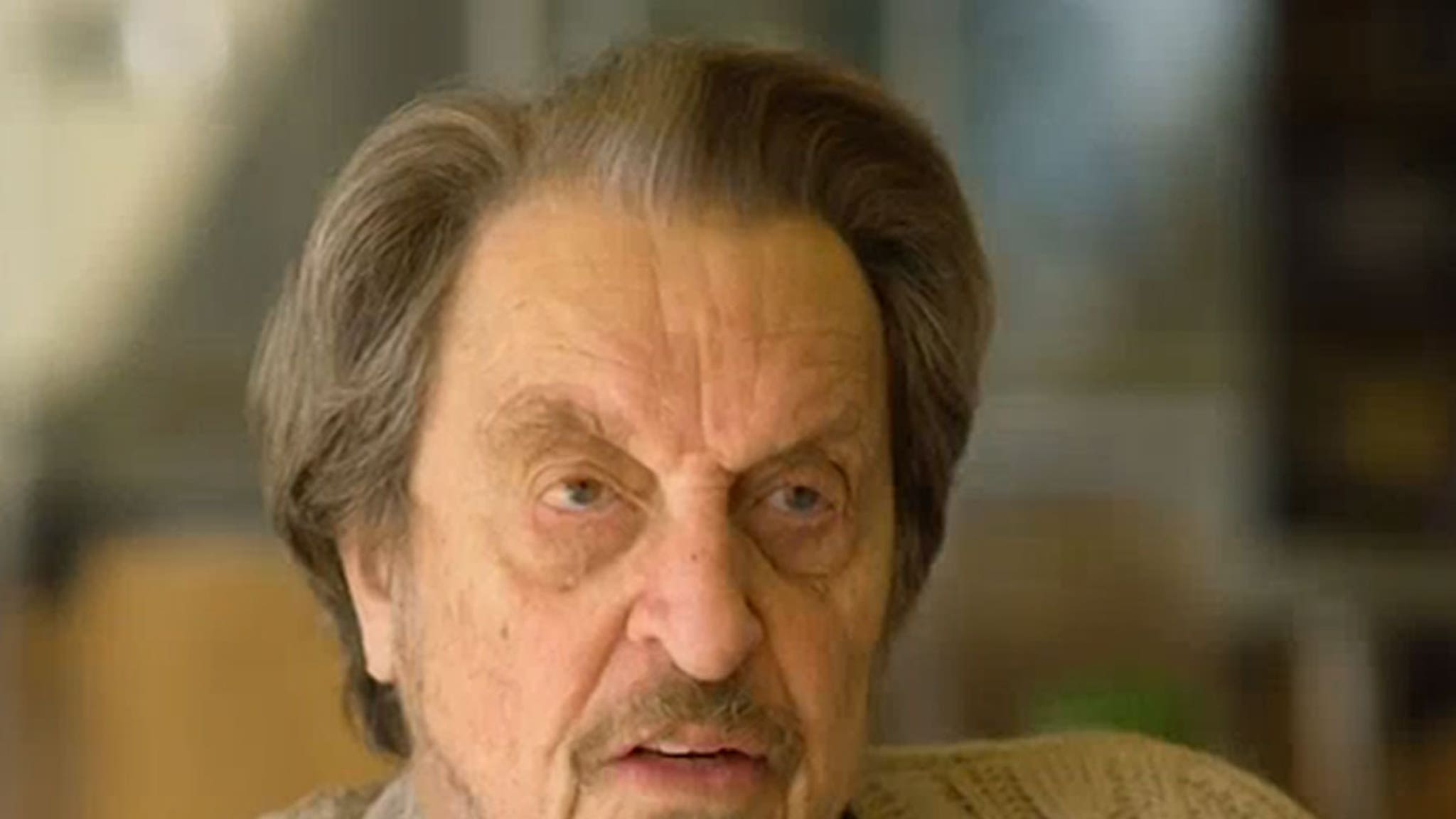**President Xi Jinping Grows Suspicious of the People’s Liberation Army**
President Xi Jinping has become increasingly suspicious of his People’s Liberation Army (PLA). In a sweeping purge, nine senior generals—including Central Military Commission (CMC) Vice-Chair He Weidong and Rocket Force commander Wang Houbin—have been dismissed from their positions. This intense campaign to eliminate corruption and consolidate power is unlike anything the military has seen before.
The exact nature of Xi’s suspicions remains unclear. However, many analysts believe his caution began in February 2023 during the so-called balloon incident, when a spy balloon entered US military airspace. The event embarrassed Xi, who reportedly was unaware of the operation or mistake that led to the breach. In the aftermath, the “Fujian clique,” the most influential faction within the PLA and reportedly closest to Xi, came under intense scrutiny.
The shake-up escalated further in 2024. Defense Minister Wei Fenghe was removed from his post in October 2023, followed by Li Shangfu’s firing from the same role in June 2024. Moreover, PLA political commissar Miao Hua was eliminated in June of this year. While “disciplinary violations” and corruption were cited as official reasons for these removals, deeper political concerns seem to be driving the campaign.
The dismissals extended notably to the Rocket Force, with two commanders being removed. This has raised suspicions about political instability within the force itself. Additionally, the mass purge of armed police units signaled a clear fear by Xi of a potential political coup.
One particularly sensitive area is the Eastern Theater Command, which plays a crucial role in maintaining order in Taiwan. Yet, a majority of the troops there have come under investigation, prompting questions about their loyalty. Can they be trusted to uphold the One China policy and remain steadfast under Xi’s rule?
It is important to remember that the PLA is not a conventional army—rather, it functions as the armed wing of the Chinese Communist Party (CCP), tasked with ensuring the survival of the current regime. Political commissars are assigned to every major military unit to guarantee full alignment with CCP commands. The removal of these commissars sends a stark message: parts of the military may be straying from direct party guidance.
For Xi Jinping, maintaining absolute control is critical. The CCP demands unwavering loyalty, and the unprecedented scale of this purge reveals cracks within the military ranks. Historically, when armies turn against their governments, regimes often collapse.
China finds itself on the brink of war over Taiwan, especially as the United States begins arming the island and offering protection in exchange for semiconductor chips. This heightened tension only underscores the importance of military loyalty in Beijing’s eyes.
China’s history is no stranger to coups. In 1971, Lin Biao, once Mao Zedong’s designated successor, attempted a coup but was ultimately exposed and executed. Today, Xi has systematically eliminated all potential successors and senior elders who might challenge his authority or influence decision-making.
The ongoing military purge highlights not only Xi Jinping’s determination to consolidate power but also the underlying tensions within the PLA as China navigates a complex and uncertain geopolitical landscape.
https://www.armstrongeconomics.com/world-news/war/china-purges-military-loyalty-in-question/


